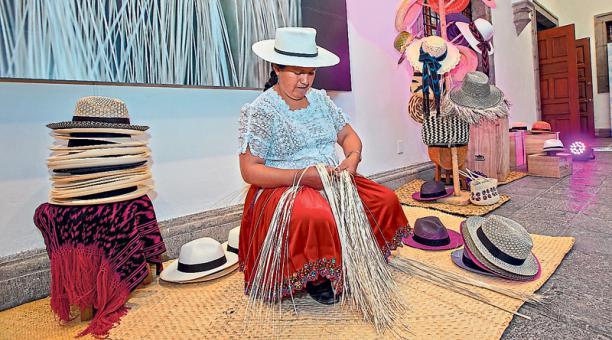-
×
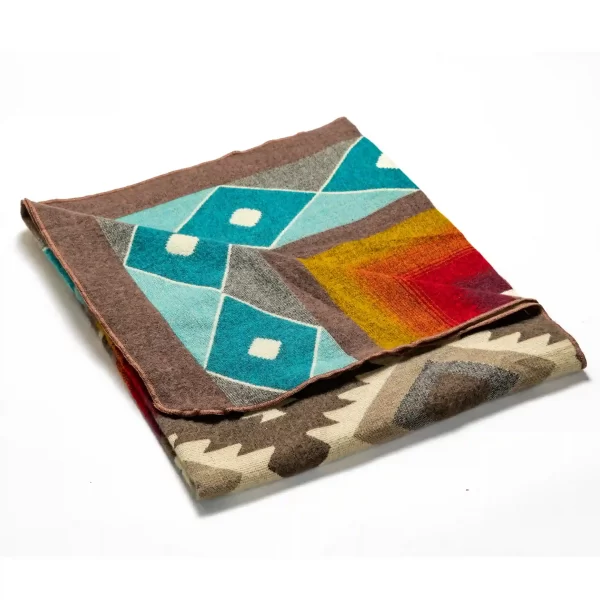 1 box
1 box
Alpaca Wool Blanket For Baby Wholesale Ultra Soft 39 x 44 inches Pet Blanket2 × $12.00 -
×
 1 box
1 box
Bold Handmade Tagua Circle Bracelets Colorful Sustainable Jewelry Wholesale from Ecuador1 × $2.50 -
×
 1 box
1 box
Alpaca Poncho NASA Galactic Unisex Wholesale Artisanal Geek1 × $23.99 -
×
 1 box
1 box
Ruana Sonic Alpaca Gamer Retro Handmade Ecuador Wholesale1 × $23.99 -
×
 1 box
1 box
Unisex Alpaca Wool Hoodie Sweater Adjustable Llama Andean Wholesale1 × $21.50
Our Handicrafts
Ecuadorian Professional Artisans
Professional Ecuadorian Artisans: Their Importance to the Country
Ecuador is a country rich in cultural and natural diversity, and its artisans play a fundamental role in preserving this heritage. Ecuadorian artisans not only create unique pieces that reflect their cultural identity but also significantly contribute to the country’s economy. This blog explores the importance of artisans, their economic impact, the number of artisans in Ecuador, the products they create, and how this trade affects the families involved.
Importance of Artisans in Ecuador
Professional artisans are vital to Ecuador’s cultural identity. Through their creations, they convey traditions, legends, and ancestral knowledge that have been passed down from generation to generation. These crafts are more than just a means of livelihood; they are a way of life that strengthens community bonds and allows communities to express their creativity.
Additionally, crafts contribute to the economic diversity of the country. In a context where tourism and export are essential, Ecuadorian artisanal products have become an attraction for tourists and international buyers.
Economic Impact
According to data from the Ministry of Culture and Heritage, it is estimated that around 300,000 artisans work in Ecuador, with approximately 70% being women. This sector generates significant income for the country. In monetary terms, craftsmanship represents an important contribution to the Ecuadorian economy, with exports exceeding $50 million a year.
Artisanal production also promotes sustainable development. Many artisans use local materials and techniques that minimize environmental impact, resulting in conscious and responsible production.
Main Products
Ecuador is famous for a wide variety of artisanal products that reflect the cultural diversity of its regions. Some of the main products created by artisans include:
-
Toquilla Straw Hats: Known internationally, these hats are made from fine toquilla straw, especially in the Montecristi region.
-
Ceramics: The ceramics from communities like the Shuar and Kichwa are recognized for their beauty and traditional techniques, which include the use of natural pigments.
-
Textiles: Handwoven textiles such as ponchos, scarves, and blankets are emblematic products of Ecuadorian craftsmanship, made with alpaca wool and other natural materials.
-
Jewelry: Artisans create unique jewelry using precious metals, semi-precious stones, and organic materials like tagua, known as vegetable ivory.
-
Basketry: Baskets and other handcrafted items made from natural fibers are common in various communities, reflecting the richness of Ecuador’s flora.
Families and Artisan Work
Artisan work in Ecuador involves not only individuals but also impacts numerous families. It is estimated that more than 150,000 families depend directly on craftsmanship for their livelihood. This means that, in addition to the artisans, many people participate in the process, from gathering materials to selling products.
Moreover, teamwork is essential in many communities, where knowledge is shared and techniques are taught across generations. This strengthens social cohesion and ensures the continuity of traditions.
What They Can Do With Their Hands
Ecuadorian artisans are true creators, using their hands to transform simple materials into works of art. This process requires not only technical skills but also creativity and innovation. Many artisans experiment with new designs and materials, keeping tradition alive while adapting to current market trends.
The ability of artisans to create unique and personalized pieces not only adds value to their products but also fosters a sense of pride and belonging in their communities. Each artisanal piece tells a story and represents the effort and dedication of those who craft it.
Conclusion
Professional Ecuadorian artisans are pillars of the country’s culture and economy. Their work, which spans from creating traditional products to innovating techniques and designs, is vital for sustainable development and the preservation of cultural identity. By supporting Ecuadorian craftsmanship, not only is the local economy promoted, but the rich cultural heritage of Ecuador is also celebrated. To showcase the potential of our country and its diverse products in bulk to the world, Ecuador Stores was born. Every purchase of an artisanal piece recognizes the skill, creativity, and tradition of these talented artisans.

 Español
Español
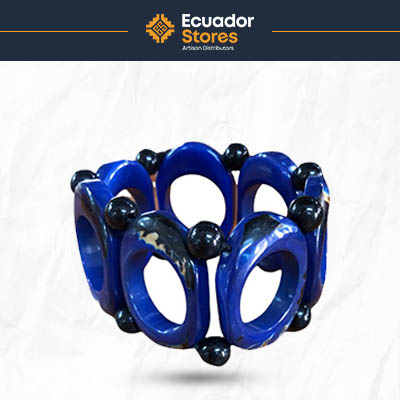 1 box
1 box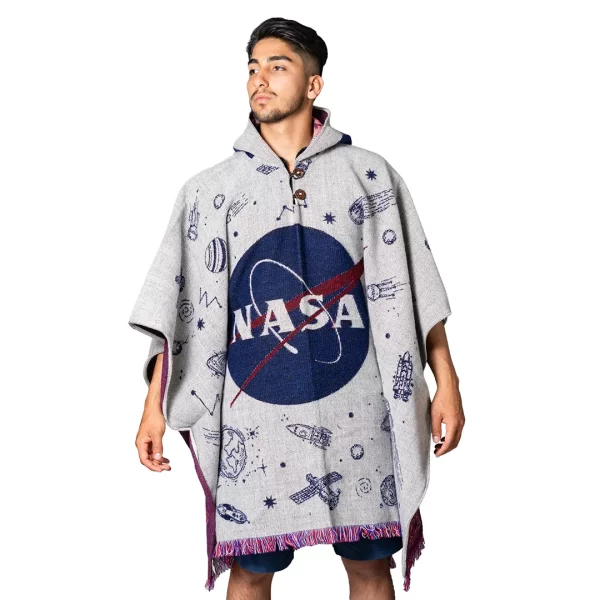 1 box
1 box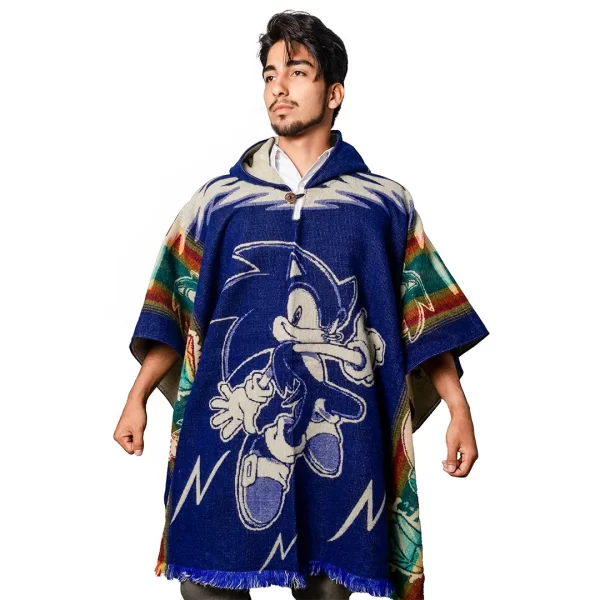 1 box
1 box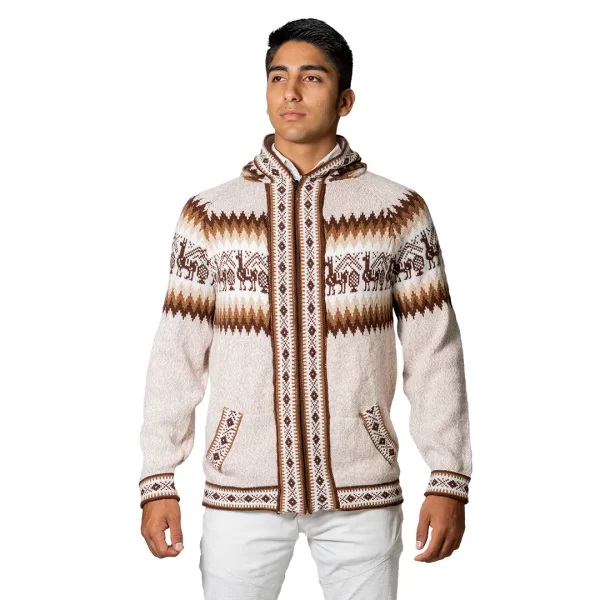 1 box
1 box